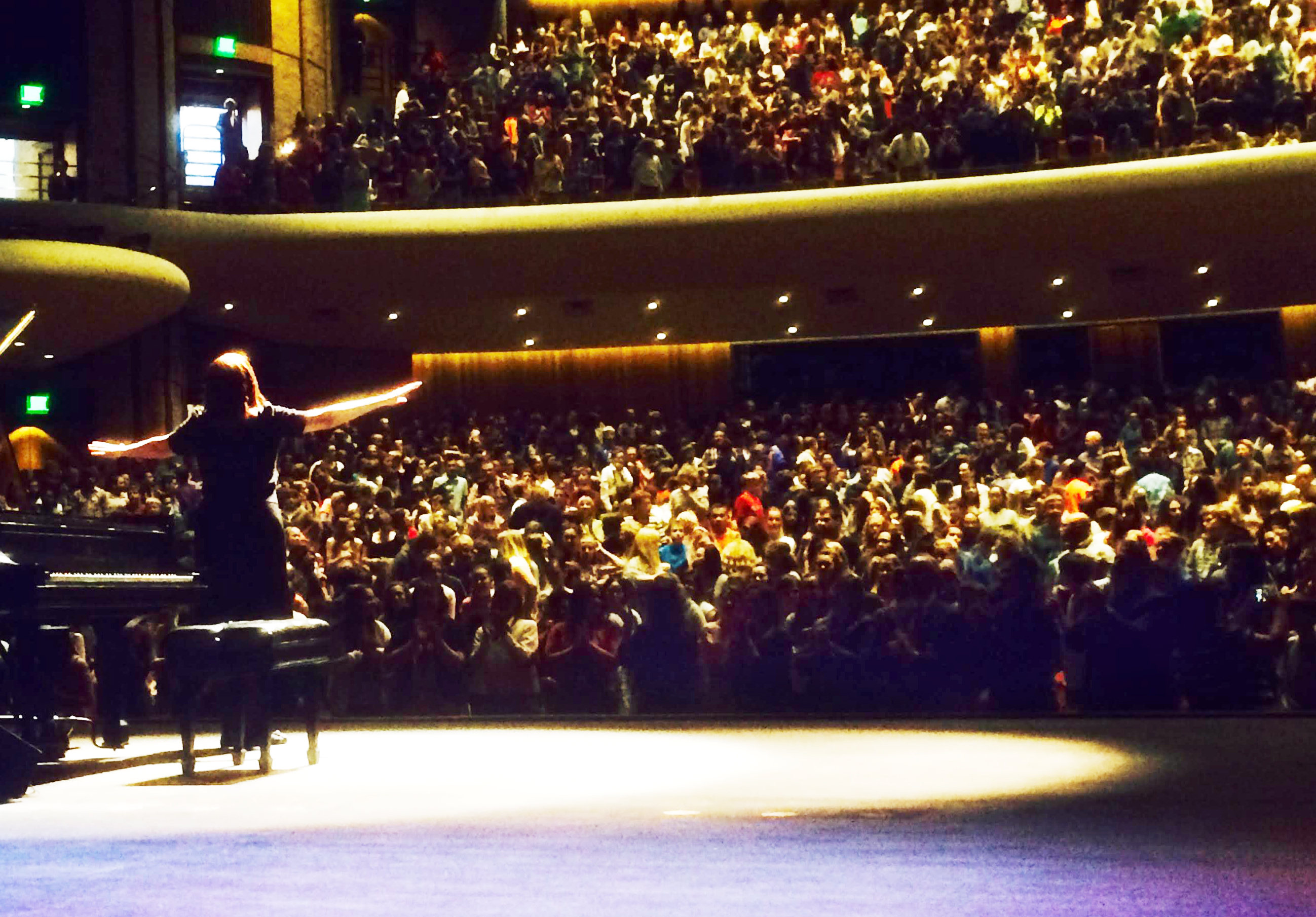My mother likes to tell the story of when I was 8 and our family went on a trip to Washington DC. Mom wanted to visit the United States Holocaust Museum and so, on the steps of the grey building, she said goodbye to me and my aunt and turned to go inside. That, she explains with a laugh, was when I “lost it” – crying, screaming, and hugging her for dear life. With a chuckle, my mother chalked it up to one of my usual dramatic outbursts or that I was really going to miss her for those hours. It wasn’t until years later that we both finally understood why I was so upset and scared that day. I had just started learning about the Holocaust in school, and I was afraid that I would never see my mother again.
Growing up Jewish in Metro Detroit and attending a Jewish day school for 8 years, I have clear memories of lessons and curriculum devoted to Holocaust studies, or the Shoah, in Hebrew. We learned from an early age the dates, warning signs unheeded, the fear and destruction that came with Hitler’s rise to power. We read The Diary of Anne Frank, Number the Stars, watched “The Devil’s Arithmetic”, visited the Detroit Holocaust Museum, pored over photos, and read countless documents and statistics about the horrors of the Nazi regime.
Holocaust studies can be defined by these facts and figures, these black and white photographs. But really, how do you adequately explain to a child the magnitude of human hatred? How do you quantify death in such catastrophic numbers? 11 million people were murdered by the Nazis, 6 million of whom were Jews, and over 1 million of those Jews were under the age of 16. The extent of the loss of life during the Holocaust is so beyond comprehension that it begs to be disbelieved.
This is why personal testimony is so important. Personal testimony brings the story of 6 million down to the story of one. The struggle, the pain, the fear becomes relatable when you can put a face to the hardship. This is why witness testimony and stories, like that of Lisa Jura in The Children of Willesden Lane, are so important to bring to a young audience. The Holocaust becomes less of a far-removed historical event when you can see it through the eyes of a girl your own age. It becomes smaller, more manageable in scale, easier to comprehend. You see Lisa’s struggle to find a beauty in the horror of what’s going on around her. You see her try to find hope amid uncertainty. You see her deal with loss and pain and, when there is nothing left, you see her power to rise up and believe in something bigger – a reason for her survival. These lessons are another vital part of learning about the Holocaust.
I hope you will find Lisa’s story as meaningful as I did and that you will join me at the October 29th performance. Because when learning about the Holocaust, it is important to remember what humans are capable of – unfathomable cruelty, but also the ability to find beauty and light in even the most unbearable of darknesses.
– – –
Buy tickets to Urban Gateways’ October 29 peformance of “Mona Golabek in The Children of WIllesden Lane” HERE – Use code UG10 for $20 off >>
Mona Golabek in The Children of Willesden Lane

